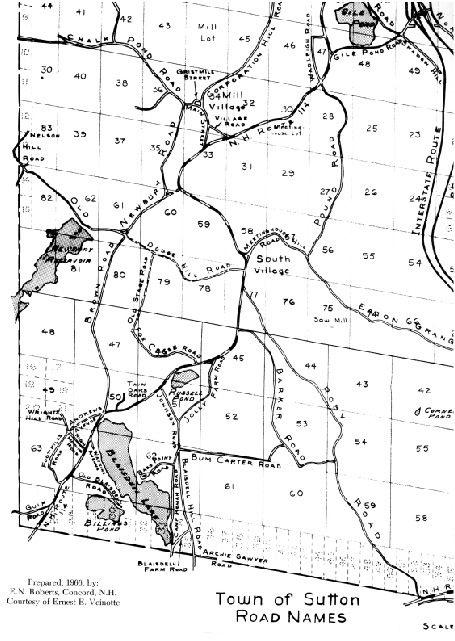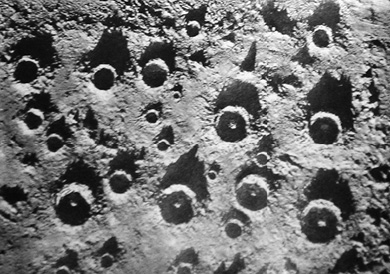By TED CONOVER

If it weren’t for the detailed map in my hands—a page of the New Hampshire Atlas and Gazetteer, from DeLorme, with the small state divided up into more than thirty spreads—I’d have had no idea that a road existed here, half a mile from our house. And in fact, the atlas has oversold it: Brown Road does exist, but not in a condition where you could drive a car or even an SUV down it. Nor a mountain bike, unless you were hardcore and could lift it over fallen trees, slide it under branches, and skirt some soggy bogs.











